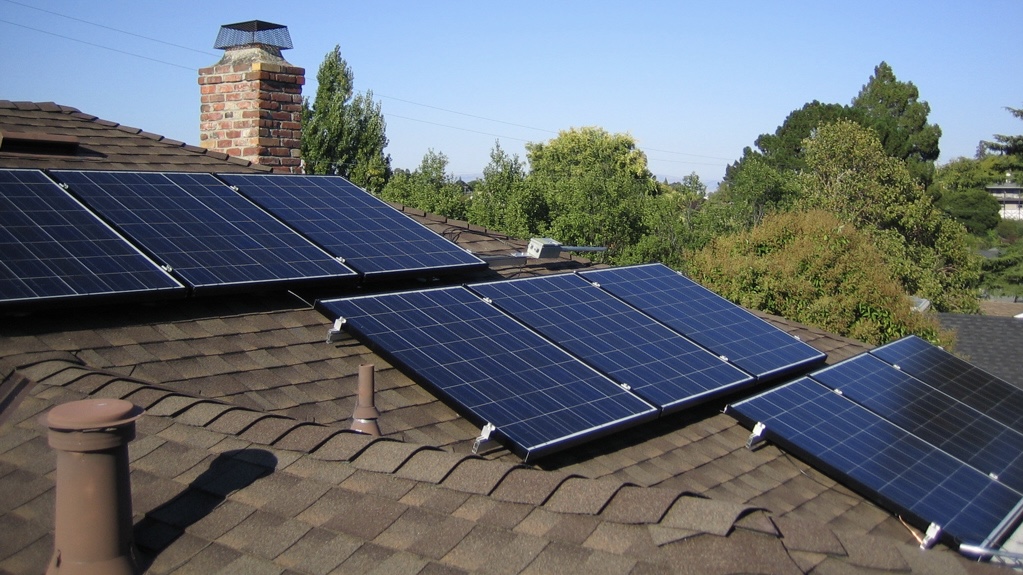Installing solar panels helps homeowners reduce their use of fossil fuels and their impact on the climate. And going solar can also help homeowners save money on their electricity bills.
In some states, that happens through a system called net metering.
When a solar-powered house needs more electricity than the solar panels can produce, that house can use electricity from the power grid to help keep the lights on.
The homeowner pays for that additional energy, just like anyone else who uses electricity.
But at other times, the solar panels might produce more energy than the house needs.
In that case, the extra energy is sent to the power grid. And in a net metering system, the homeowner receives credit from the utility for the electricity they send – which helps lower their energy bills over time.
Not all states have net-metering laws, and in those that do, the laws can differ.
For example, in some states, the utilities are allowed to credit homeowners at a lower rate. Or they can limit the number of solar panels a homeowner is permitted to install.
So many solar advocates are pushing for expanded net metering laws.
Because if homeowners can save money by installing solar, more people are likely to make the switch to clean energy.
Reporting credit: Ethan Freedman / ChavoBart Digital Media
We help millions of people understand climate change and what to do about it. Help us reach even more people like you.


